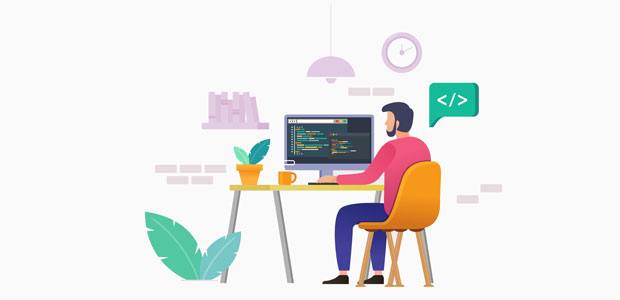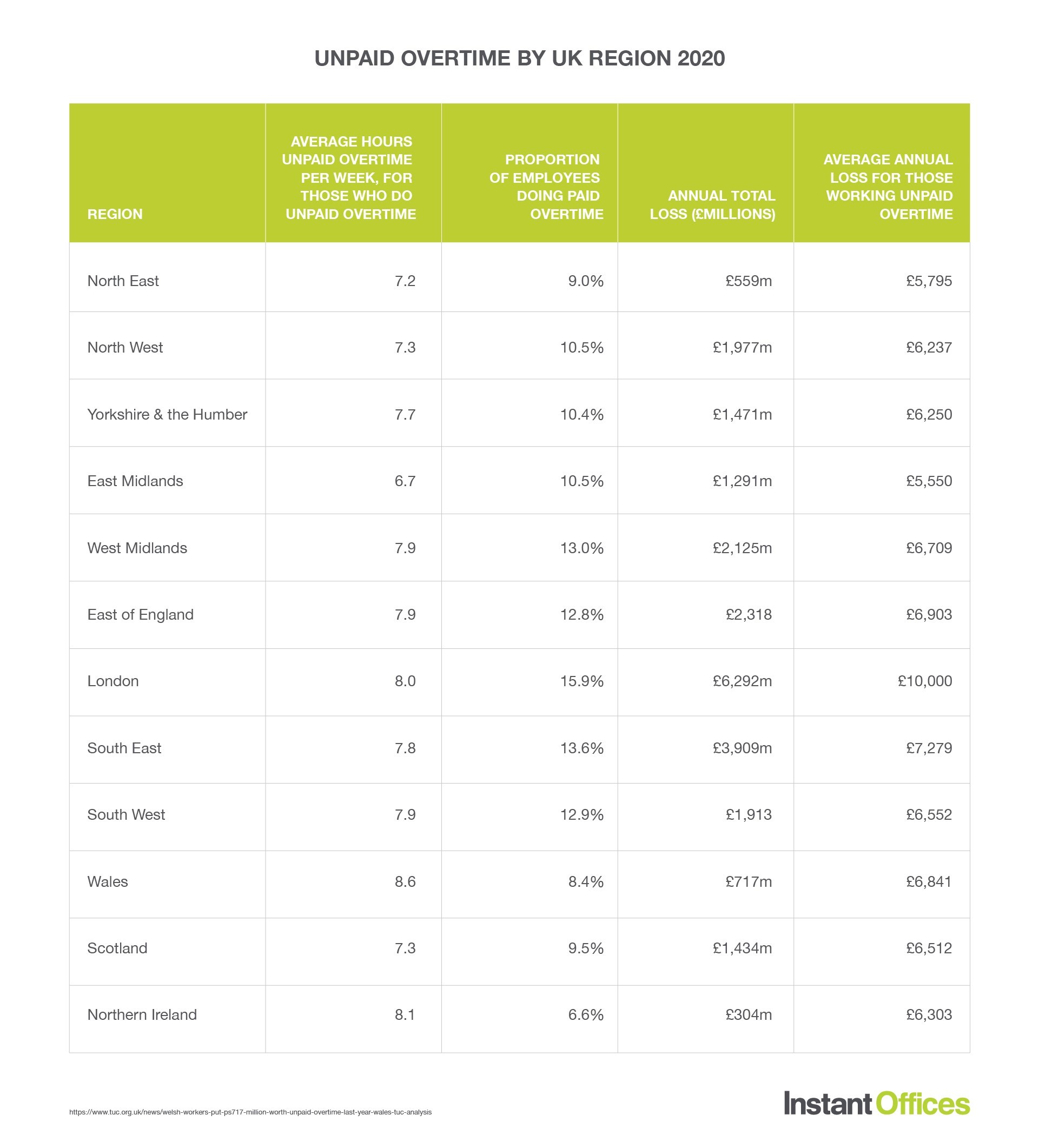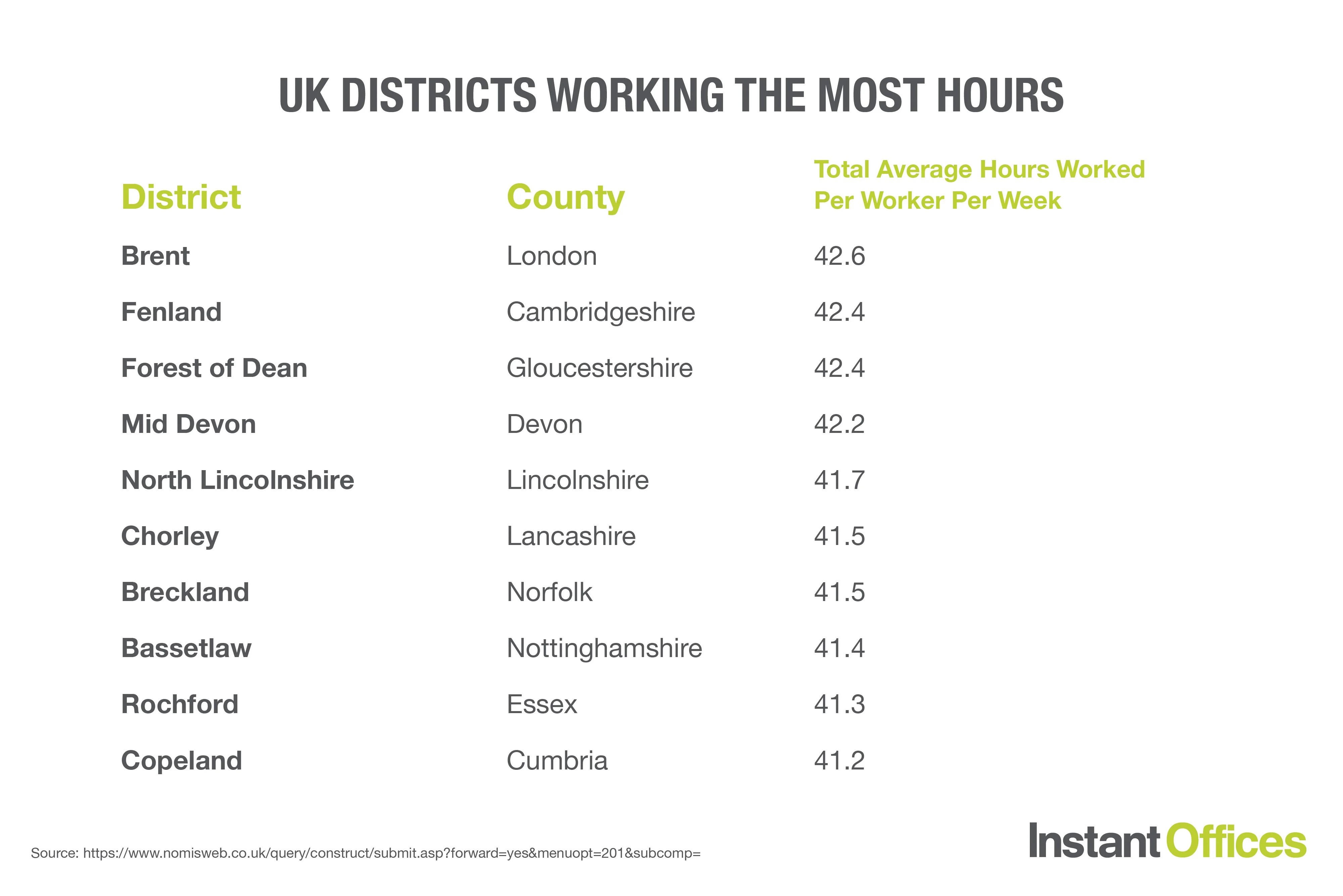
UK Home Workers Lose Billions in Unpaid Overtime During Pandemic
From better work-life balance and wellbeing to zero commute time, working from home is said to have more than a few perks. According to a recent study by Instant Offices, Britons who have been working from home have accumulated 1.2 billion extra hours which means a mammoth figure of £21.9 billion worth of unpaid overtime is lost.
Over 2020, more than 3 million people in the UK worked an average of 7.7 hours a week extra in unpaid overtime - equivalent to an average of £7,300 a year of unpaid overtime.
ONS data shows that although output per worker initially dropped 17.9% in Q2 2020 when the pandemic began, this quickly bounced back by 16.6% in Q3 2020. This suggests that as people have adapted to working from home, their output and the hours they work have increased.
Certain regions of the UK are more prone to overtime than others. Londoners come top in terms of likeliness of doing overtime, with 15.9% working extra unpaid hours in 2020.

Looking at the local districts across the UK, the London Borough of Brent currently ranks top spot for the most total of over working hours in the country (both contracted hours and overtime).

Working from home tips to reduce overworking
There are plenty of ways to encourage employees to stop overworking themselves and avoid burnout:
- Have a dedicated space within the home for work, separate from the rest of the living space. This might not be possible for everyone, but having a study or even just a corner of a room with a desk, chair and laptop/computer will help create a mental boundary between working and relaxing.
- Diary blocking on days where there are urgent tasks, for lunch breaks and while out of office will help prevent overworking beyond office hours and remind employees when it’s time to take a break or stop for the day.
- Being transparent about capacity and learning to say ‘no’ to non-urgent tasks during busy times will help task management and ensure employees don’t take on too much at once.
- Turning off work devices and logging out of apps like Skype, Teams and Zoom outside of office hours will prevent being distracted by work commitments outside of office hours.
Commenting on the research, Lucinda Pullinger, Global Head of HR at The Instant Group said: “Wellbeing in a more dispersed environment needs broader action sets - something which we have endeavoured to be at the leading edge of at Instant. As well as tactical actions such as those listed above, we prioritise being a purpose-driven organisation where people feel part of something bigger, ensuring our recognition practices are dialled up. We award additional annual leave to encourage our people to take meaningful blocks of time off work.
"As we look at returning to the office, all companies have an opportunity to define a workspace strategy that aligns business strategy with supporting the wellbeing and engagement of its employees. This is imperative for a successful business.”


